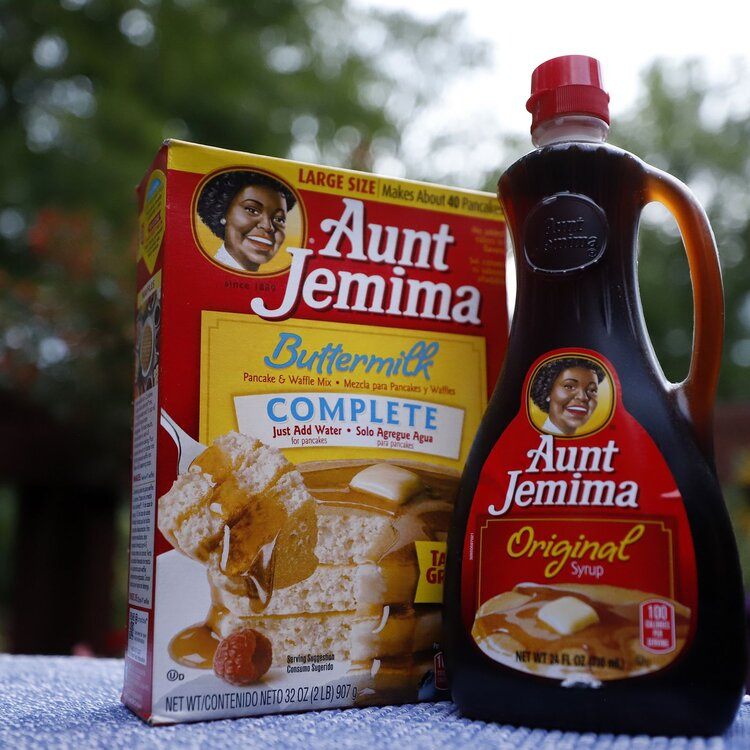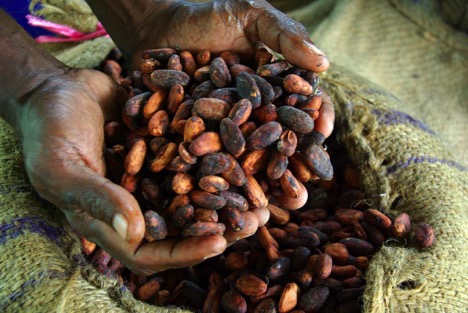By Lesley Green-Rennis
- 128 million Americans used Aunt Jemima table syrup in 2020
- Relatives of the real life “Aunt Jemima” demanded $3B in unpaid royalties from Pepsico and Quaker Oats
“Aunt Jemima,” known world-wide as the face of pancakes and table syrup, dates back nearly 150 years. The name and image, originally associated with a popular late 19th century minstrel show character, has long been criticized as stereotypical and racist. With 128 million Americans who used Aunt Jemima table syrup in 2020, and after 150 years current owner Pepsico has finally gotten the message and announced plans to drop the iconic figure from its packaging.
Why This Matters: Pepsico, the parent company of Quaker Oats, announced this month that their new brand will debut June 2021, stating that the brand has not progressed enough to appropriately reflect the dignity, respect, and warmth they stand for today. A staple in most American pantries, Aunt Jemima has a long history. Pearl Milling Company, the originator of the self-rising pancake mix that would become Aunt Jemima, was purchased by R.T. Davis in 1890. When Davis bought the company he decided to market it by creating a real life character of Aunt Jemima. He hired Nancy Green, a 59-year-old Black woman from Chicago to be the face of the company. Although Green’s personification of Aunt Jemima earned Davis a great deal of profit, there is no evidence to suggest that she ever saw any of that revenue.
Years later, Quaker Oats acquired the company and hired Anna Short Harrington to play the character of Aunt Jemima. Quaker trademarked the brand, including a photo of Harrington dressed up as Aunt Jemima. Her image remained largely unchanged for more than 50 years until 1989 when Quaker Oats decided to update Jemima’s image with the face of Harrington’s youngest daughter, Oliva Hunter. Like Green, Harrington was never compensated for the use of her image.
Situational Awareness: Pepsico has committed to provide $1 million in support of Black girls and women, in addition to $400 million to uplift the Black community. Unfortunately for the Harrington family, their efforts are too little, too late. In 2014, Harrington’s great-grandson sued the company for illegally using his great-grandmother’s image and recipes. The lawsuit was eventually tossed out because he could not prove his relationship to Harrington.
CBx Vibe: “40 Acres” T.I.









